


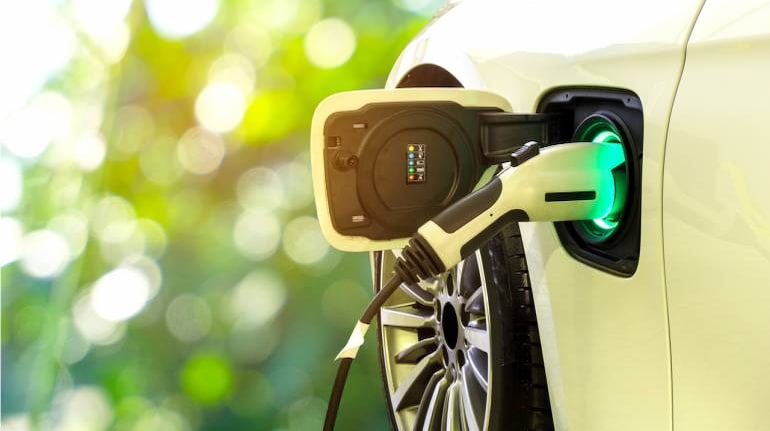
Now that Suzuki Motors has announced a Rs 10,440-crore investment to build a new EV and a new battery factory in India, the race for making India’s first low-cost EV is starting to gather serious pace. Maruti Suzuki, India’s largest carmaker, which had thus far been reticent about its EV plans, focussing instead on its CNG-powered portfolio of budget-friendly cars, has claimed that it’s looking to launch an affordable EV in India (and Japan) by 2025.
Even Toyota, Japan’s largest carmaker will work alongside Suzuki Motors as part of its global tie-up with the brand, as Toyota too is keen on cracking the low-cost EV market. Suzuki’s upcoming EV plant, for which it has earmarked Rs 7300 crore, is going to come up right next to its existing plant in Gujarat. Suzuki Motor Corporation’s president Toshiri Suzuki has stated that the investment has been made keeping in mind the export market as well, as India’s developing EV ecosystem doesn’t, at present, justify such a massive investment.
While the details of the low-cost EV aren’t clear, Maruti Suzuki is far from the only manufacturer of mass-market cars that has thrown its hat into the low-cost EV ring. With the most affordable EV, the Tata Tigor EV, having a price tag of Rs 11.9 lakh onwards, the market is ripe for a sub Rs 8 lakh electric car. However, no rival brand has, thus far, come close to matching Maruti Suzuki’s investment.
HyundaiHyundai Motor India’s Managing Director SS Kim has said that making a “low-cost” EV is top priority for the brand as far its India plans are concerned. For this Hyundai plans to invest Rs 4,000 crore and introduce 6 EVs in a phased manner by 2028. The products will cover both mass and premium segments, with the former likely to be introduced sometime in 2024. All future EVs will be based on the company’s E-GMP platform and will bear the Ioniq sub-brand name. The low-cost EV, codenamed AX1 is likely to be a micro-SUV. Although the details of its powertrain remain unknown at this point, it’s likely to pack a 15-25 kWh battery in order to undercut the likes of the Nexon EV. At present, Hyundai sells the Kona electric in India, which retails at Rs 23.79 lakh.
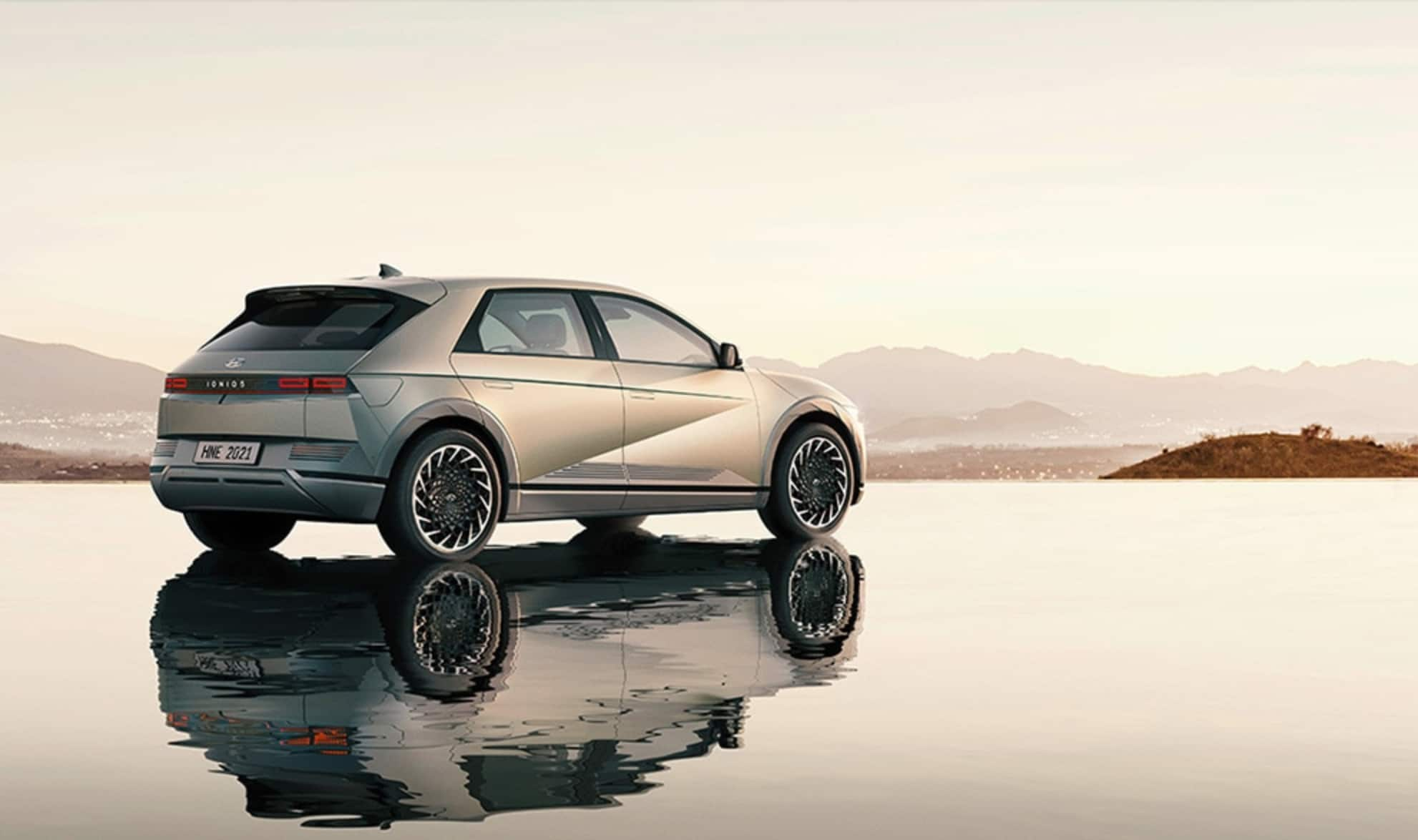 MG Motors
MG Motors With the arrival of its popular ZS EV (now in its second generation in India) MG Motors has established itself as a key player in the EV space. While the ZS has done fairly well as MG’s maiden EV offering, its price point of Rs 21.99 lakh, along with its 50.3 kWh battery pack, puts it in a relatively less affordable category.
As such MG is looking to bring in a low-cost electric SUV in India as early as 2023. While it’s unclear whether this will be a completely indigenous product designed for the Indian market or a product from MG’s global range (which includes the MG5 EV which is cheaper than the ZS). What we do know is that the product will be a crossover and will be priced between Rs 10-15 lakh (ex-showroom). While it may not be the most affordable offering in the EV space, it will be one of the first to arrive on the scene.
Tata MotorsAs the maker of the country’s best selling EV, Tata Motors is perfectly placed to launch an EV that will undercut the Tata Tigor’s price (currently the most affordable EV on sale in India). This slot is going to be filled by Tata Motors’ upcoming Punch EV. The Tata Punch, which is based on Tata Motors proprietary ALFA platform – a platform which Tata says is powertrain agnostic – will be powered by Tata’s Ziptron high-voltage EV architecture. Details of its powertrain remain undisclosed but will likely feature a sub 25kWh battery and a front axle-mounted electric motor.
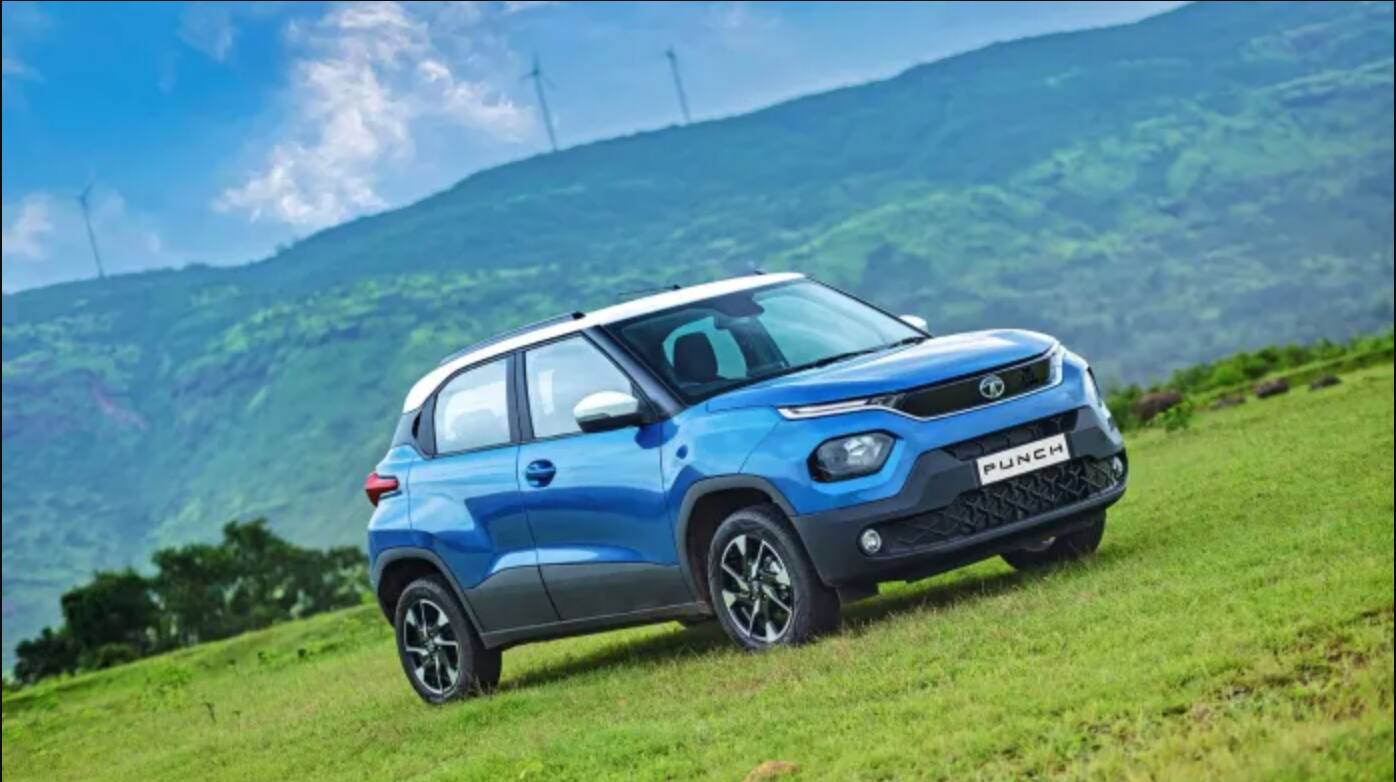
As of April 2021, Mahindra & Mahindra was set to invest Rs 3,000 crore on its EV making business, with a goal of putting 5 lakh of its electric vehicles on the road by 2025. However, the brand which discontinued the e-Verito not too long ago, is also looking to build more alliances and partnerships. In addition to this, the brand has already invested Rs 1,700 crore in the EV business in India, with another Rs 500 crore dedicated to R&D.
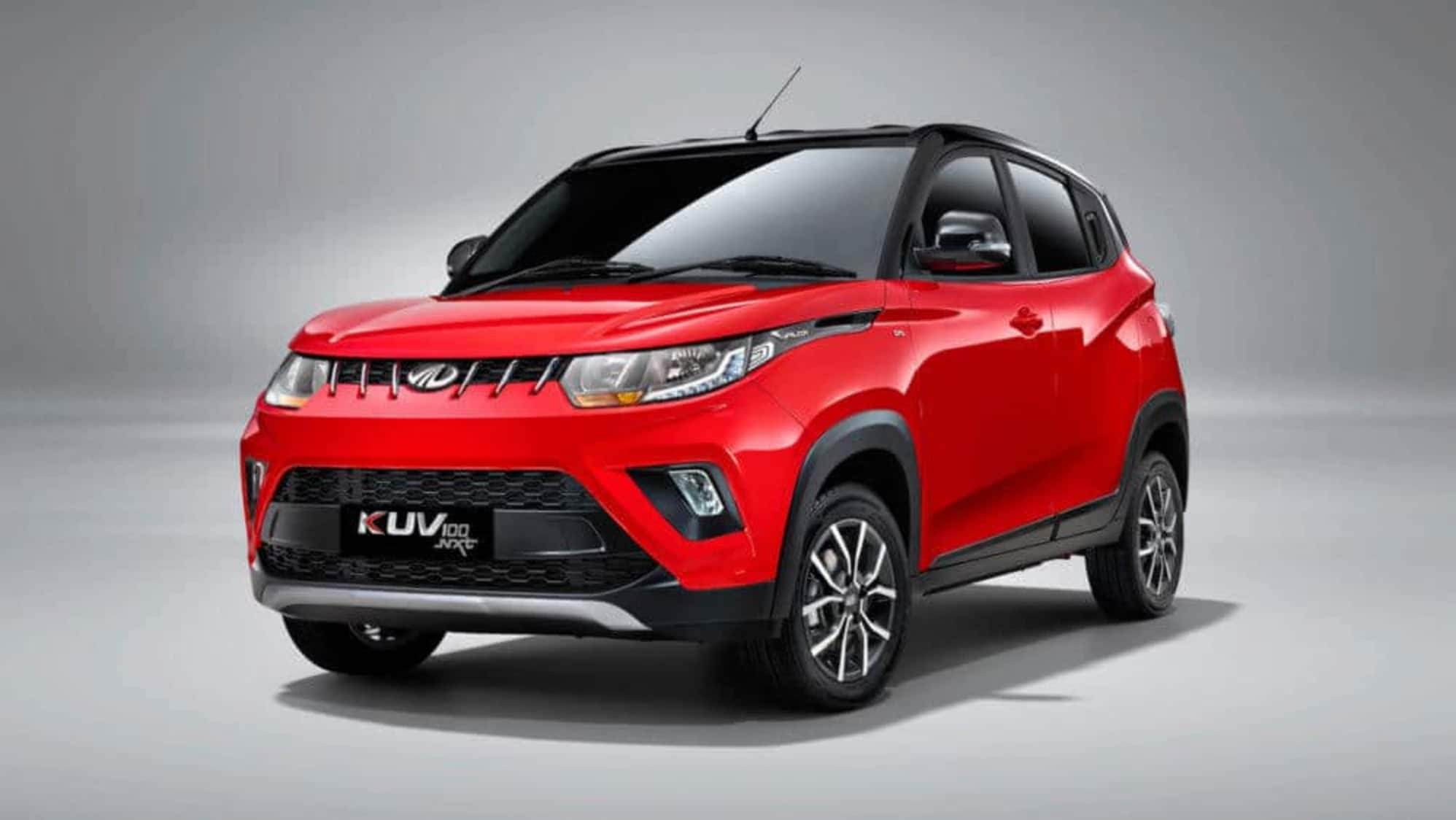
In terms of alliances, Mahindra has signed an MoU with REE Automotive – an Israeli company specialising in making modular EV platforms. However, the alliance is primarily to crack the commercial EV space, where the price parity between EVs and ICE three-wheelers is greater. By 2027 Mahindra & Mahindra intends to launch 16 EVs across SUVs and light commercial vehicle categories. Its first low-cost EV offering, the eKUV100 is expected to launch sometime this year, and will feature a 15.9 kWh battery with a range of approximately 150 km and a price tag of roughly Rs 8.5 lakh, which, upon launch, would make it the most affordable EV in India.
Ola ElectricOla Electric shared a digital rendering of its upcoming low-cost EV recently. But the move was almost universally derided given that the brand’s scooter delivery schedule remains derailed and the scooter itself, plagued with electronic ailments and missing features.
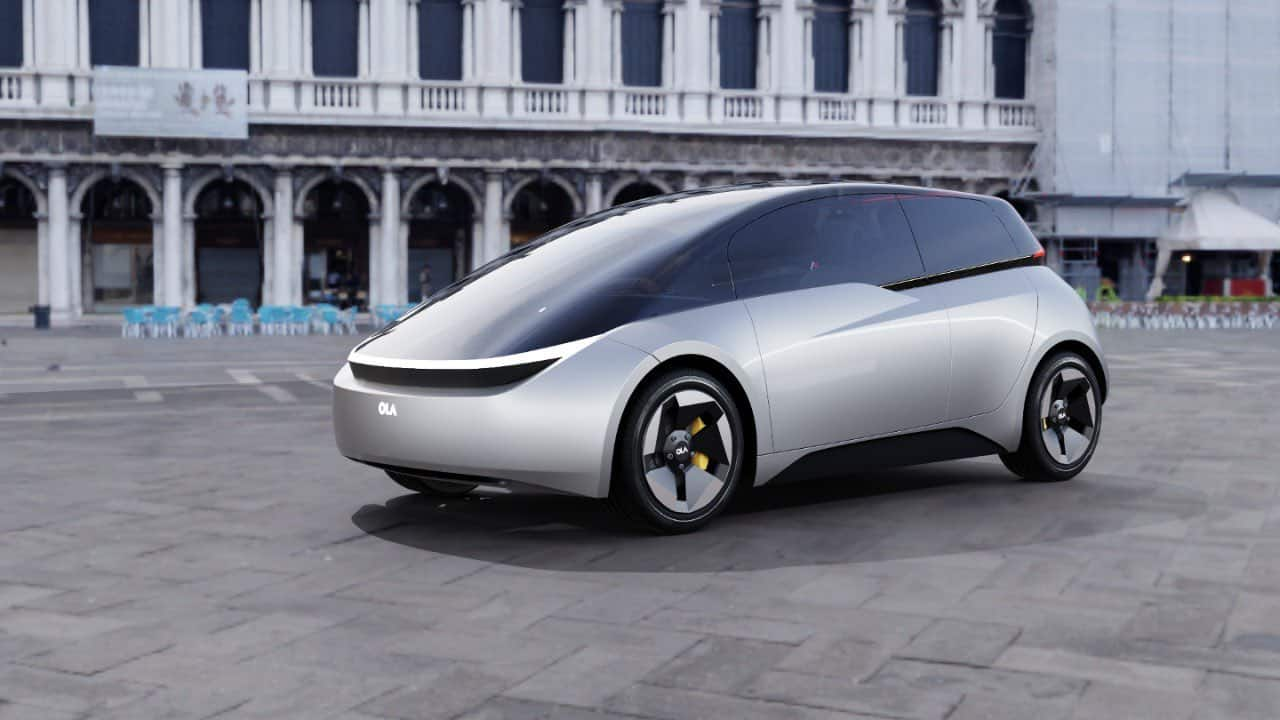
However, Ola Electric has roped in former Jaguar design chief Wayne Burgess to work on the low-cost EV project and intends to introduce the car by 2024. Burgess is presently working on the project out of Ola Electric’s London-based design studio.
Discover the latest Business News, Sensex, and Nifty updates. Obtain Personal Finance insights, tax queries, and expert opinions on Moneycontrol or download the Moneycontrol App to stay updated!
Find the best of Al News in one place, specially curated for you every weekend.
Stay on top of the latest tech trends and biggest startup news.